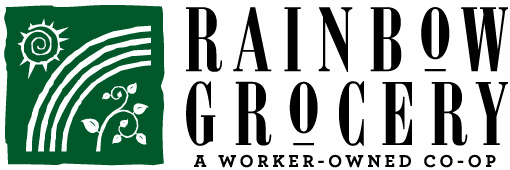There is increasing interest in the use of herbs. The following herbs were tested for the inhibition of sperm motility that can make reproduction difficult:
1. St. John’s Wort (Hypericum perforatum) is an antidepressant and a selective serotonin reuptake inhibitor (SSRI.)
2. Saw palmetto (Serenoa repens) has antiandrogenic activity.
3. Echinacea purpurea enhances immune activity and natural killer (NK) activity against bacteria and viruses.
4. Ginkgo biloba has strong antioxidant activity and increases memory.
The present study was done to test sperm activity in different concentrations of the above herbs. The herbs inhibited sperm motility in the following concentrations:
Saw palmetto at 0.9 and 9.0 mg./ml.
Ginkgo biloba at .12 and 1.2 mg./ml.
St. John’s Wort at .06 and .60 mg./ml.
Echinacea purpurea at .81 and 8.1 mg./ml.
Control studies were done on sperm with no herbs. Herb studies were done intermittently for 48 hours at 37 degrees.
St. John’s Wort showed the strongest inhibition of sperm. It could be spermicidal and can interfere with fertilization.
Saw palmetto reduces 5-lipoxygenase metabolites.
Echinacea works by increasing interferon and interleukins. It inhibits an enzyme at the sperm head (hyaluronidase) that helps the sperm penetrate to the egg cell for fertilization.
CONCLUSION: Saint John’s Wort inhibited sperm motility more than the other herbs, working at low concentrations after 24 hours and immediately at higher concentrations. Echinacea, Ginkgo and Saw palmetto did not inhibit sperm at low doses and inhibited at high doses only after 24 hours. Saw palmetto did not inhibit the sperm at low concentrations, but inhibited the sperm at high concentrations after 48 hours. Thus, use of common herbs can reduce human fertility.
NOTE: Read about the use of Maca from Peru to improve sperm counts and motility.
To read the author’s abstract of the article click on the ncbi link above.
PMID: 10079411.
Summary #157.

